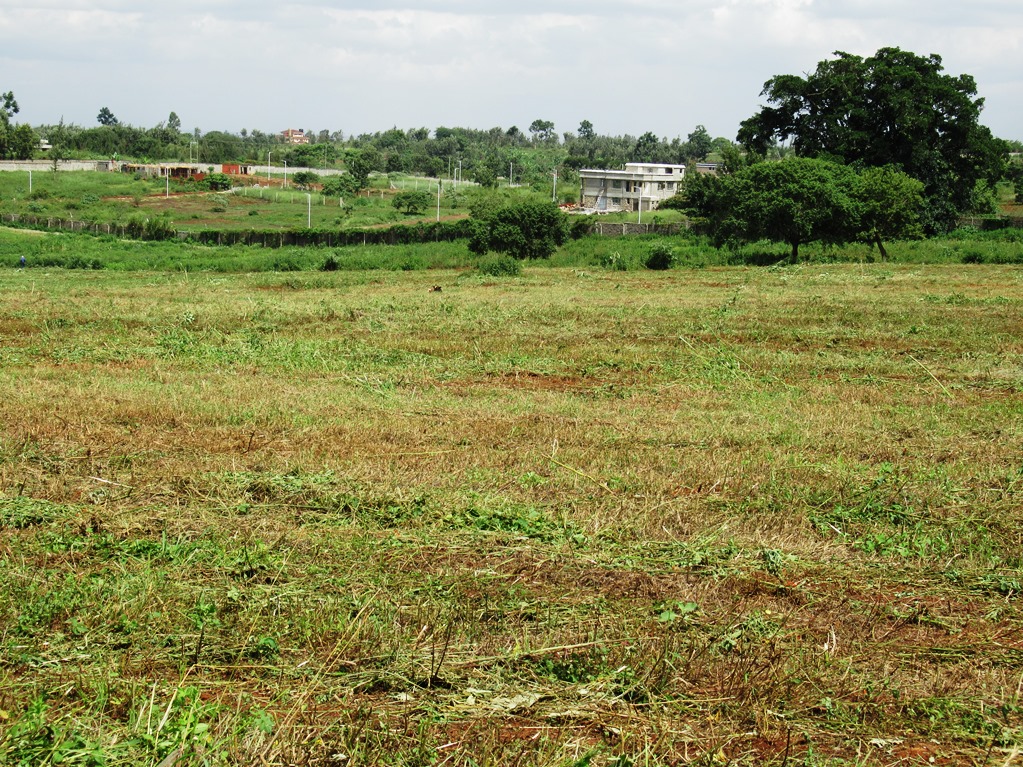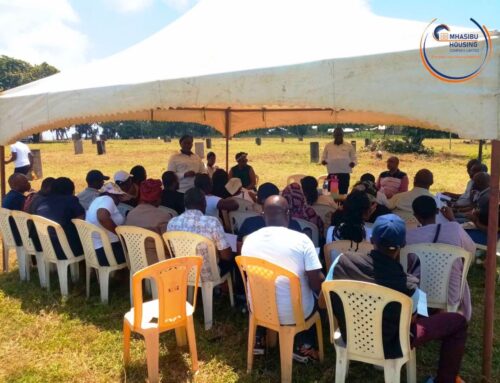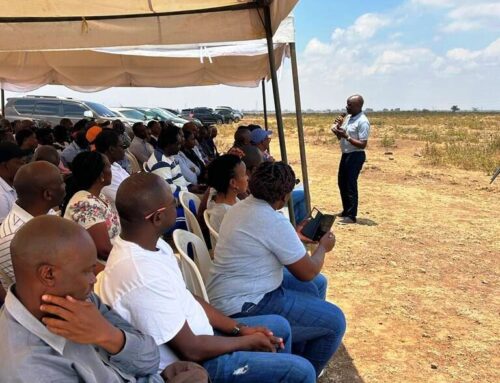
Buying land in Kenya can be as simple as putting on a sock or as complicated as solving quadratic equations. Land usually, is a hot button issue, often pitting families against each other. The rich and poor alike have not been spared by wrangles involving land.
This is because land is a limited resource reducing every single day as the population grows. This is however, a blessing in disguise. The fact that land in a finite resource means that its value will forever rise. In investment terms, it is a low-risk/high-reward form of investment with high R.O.I for anyone looking to secure their financial independence.
Investing in land is a great vehicle for investment. This however, doesn’t mean you cannot lose your hard earned capital. Unscrupulous dealers, middlemen, corruption are just some of the ways people have burnt their fingers trying to buy land.
This is why when it comes to purchasing land you need a trusted partner. A partner who has withstood the test and trials of time. Mhasibu Housing Company Limited has been in operation for the last ten years. In the decade long existence, we have delivered over sixteen projects located all over the country to our clients. We source for the most prime land in the market and range them at a very competitive price.
At Mhasibu Housing Company Limited, We take you through all the steps of land buying as indicated below:
1. Search and inspection of the title
We carry out land search through the registry of lands. This is usually done to ensure there are no legal encumbrances on the land and that the title is clean for selling. This is a process that takes three days and one requirement in a copy of the title and a fee paid to the registry.
2. Offer and price negotiation.
We then put forward an offer for the land. Its value depending on a number of factors inclusive of amenities, readiness for occupation relative location, level of development of relative areas, upcoming projects public or by private developers and so on.
3. Payment and transfer agreement
We normally have a payment schedule of, a deposit of 30% of the value of the land and the subsequent remaining balance is to be paid in instalments of up to 12 months. Once completed we facilitate the signing of transfer agreements to the buyer.
4. Payment of land rates
This is an important step to factor in the land buying process, the land owner is usually under obligation to ensure that the land rates payment are up to date and cleared before execution of the sale.
5. Transfer documents and consent to transfer.
Once the transfer documents are done with. The consent of transfer of ownership of the land is given by the current owner to the pending buyer, this consent can only be authorized by the commissioner of lands.
6. Valuation
Upon payment of the stamp duty, an independent government valuer is then appointed, s/he travels to the site of the land to conduct a valuation study. This is done for two reasons. One, to safeguard the interest of the buyer from overpaying for the land in question. Two, it is used as a mode of price control by the government to ensure that the prices of land do not go through the roof to achieve a manageable equilibrium between demand and supply.
7. Payment of stamp duty.
This is a standard tax levied on all purchases of land. The buyer must ensure to pay the amount specified.
8. Registration of transfer
The documents are then formally registered in the lands office to show a clear record of the transfer of ownership from the seller to the buyer for authenticity and for future reference.
9. Exchange of documents
This is the final step in land ownership journey. The documents of ownership are transferred to the buyer and s/he resumes ownership of the land.










